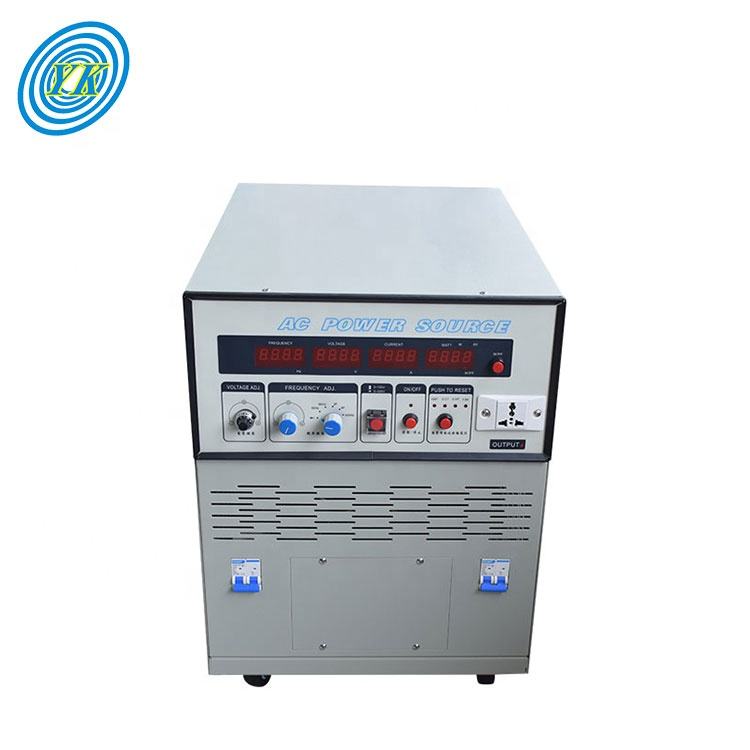News
Informations about frequency converter
Click: 1362 Date: 06/15/2023 5::01::59 PM

Frequency converter is a device that converts electrical power from one frequency to another. lt is widely used in various applications such as industrial automation, HVAC (heating, ventilation, and air conditioning), and renewable energy systems. In this article, we will provide an overview of the frequency converter and its basic working principle. Basic Working Principle The basic working principle of the frequency converter is to convert the input electrical power from a fixed frequency to a variable frequency. This is achieved through an electronic circuit that controls the voltage and frequency of the input power. The circuit consists of several power electronics components such as IGBTs (insulated-gate bipolar transistors), diodes, capacitors, and inductors. These components are controlled by a microprocessor that monitors the input power and adjusts the output voltage and frequency accordingly.
Applications
Frequency converter is used in a wide range of applications such as:
1. Industrial Automation - Frequency converters are used to control the speed of electric motors in various industrial processes such as conveyors,pumps compressors, and fans. By controlling the motor speed, the process can be optimized for energy efficiency reduced wear and tear, and improved performance.
2. HVAC - Frequency converters are used in HVAC systems to control the speed of air conditioning and ventilation fans. By controlling the fan speed, the system can be optimized for energy efficiency and improved air quality.
3. Renewable Energy - Frequency converters play a key role in renewable energy systems such as wind turbines and solar inverters. They are used to convert the variable frequency power generated by these systems into a fixed frequency suitable for the grid.
Advantages
Frequency converters offer several advantages such as:
1. Energy Efficiency - By controlling the motor or fan speed, frequency converters can reduce energy consumption and save costs.
2. Smooth Operation -Frequency converters provide smooth and precise control of the motor or fan speed, reducing wear and tear and improving performance.
3. Cost Savings - Frequency converters can eliminate the need for mechanical speed control devices such as gears and pulleys, saving installation and maintenance costs.
In conclusion, frequency converter is an important device used in various applications such as industrial automation, HVAC, and renewable energy systems. It offers several advantages such as energy efficiency, smooth operation, and cost savings. With advancements in power electronics technology frequency converters are becoming more efficient, reliable, and affordable, making them an essential component in modern electrical systems.